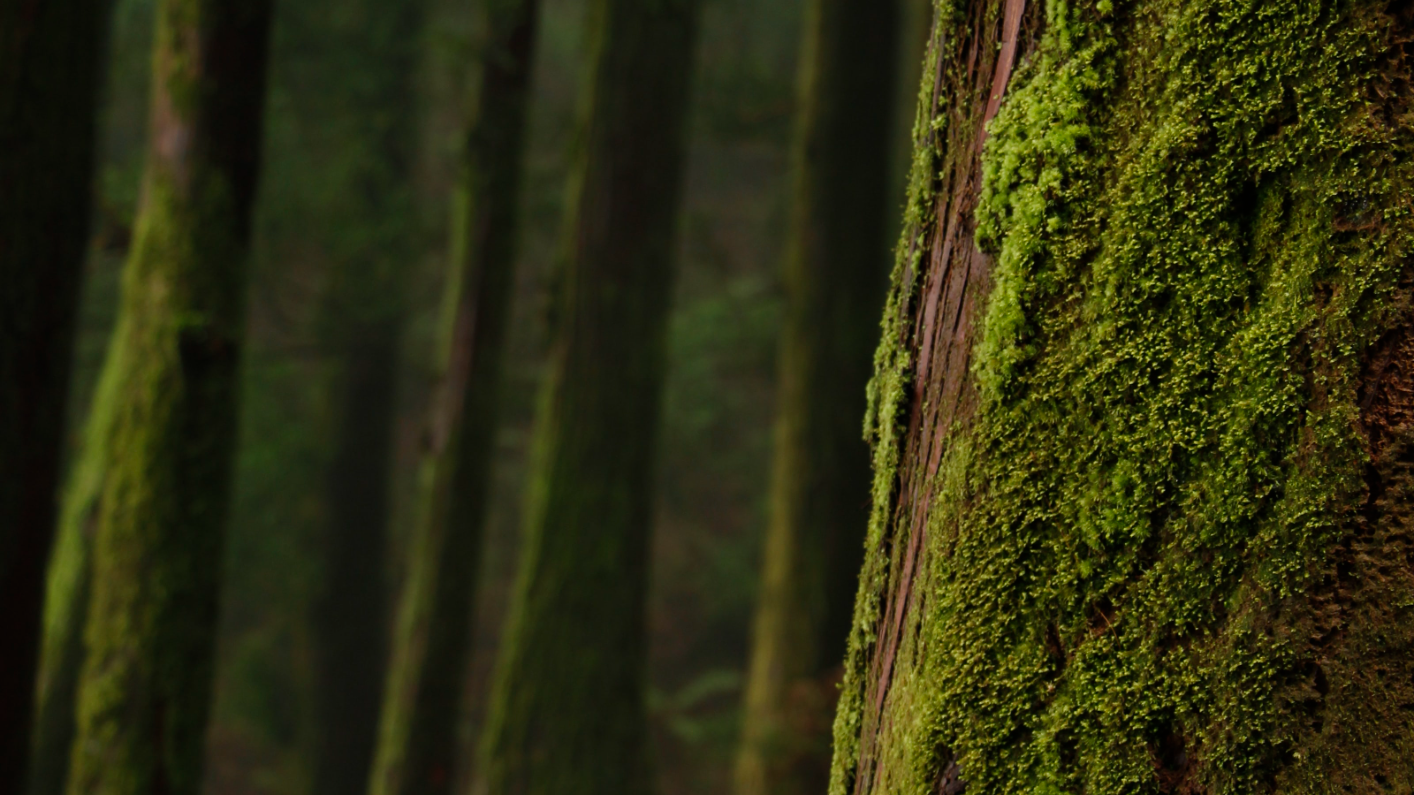Today, it's common for people to take a more ecologically friendly approach to life. That increasingly includes death as well, meaning related to making final arrangements.
As a result, the idea of a "natural burial," one that doesn't impact the environment as much as a traditional burial, has grown in popularity. This includes caskets that can be more easily broken down, or even burial in the ground without a casket or burial vault at all. However, one of the biggest questions people have about natural burials is if it is legal to have one in the United States.
For the most part, this answer is: yes, it is legal to have a natural burial. But are there specific details on where it's legal to have a natural burial in the U.S.? Let's discuss all of it, starting with defining a natural burial.

What Exactly is a Natural Burial?
A natural burial (sometimes called a "green" burial though they can actually be different things) is one where the remains of the deceased are interred in ways that strive to not disturb the natural environment. Natural burials involve not treating the body with embalming chemicals, as the idea is these chemicals could theoretically be released by the body after decomposition and seep into the ground.
Other important aspects of natural burials include not using a traditional casket. Instead, remains are placed within caskets or coffins made from natural, untreated, and more easily biodegradable materials that will decay and decompose more easily. This is actually what's often considered a green burial. What is then sometimes called a natural burial, above and beyond a green burial, is skipping a casket all together, as well as a burial vault or other type of liner, to further soften the environmental impact of a burial. For the sake of this article, we will use the term "natural burial" to imply any more eco-friendly version of a burial.
General Legalities of Natural Burials
Here's what you most want to know: on a federal level, there's nothing in any U.S. laws that prohibit the practice of natural burials. In fact, there are some statutes in place that even protect the right of families to choose a natural burial. An example of this is the Federal Trade Commission's so-called "Funeral Rule." The rule requires funeral homes to honor a family's right to choose just the goods and services they want or need. The rule also states that a "direct burial" option, which is a burial that typically involves a simple casket or coffin, will not include embalming, and will facilitate an immediate burial in 24 hours or less.
But just because there are no federal laws directly making natural burials in the U.S. illegal, that does not mean all cemeteries offer natural burials. The practice requires specific land allotment and other details, and some cemeteries don't have room or are just now catching up.
Your best option to determine if a cemetery offers natural burial is to ask them. You can start with this handy list of more than 200 cemeteries around the country.
Specific State Law Examples for Natural Burial
While federal law permits natural burials to be legal in the U.S., there are some state-specific requirements that can make it more difficult to determine where you can legally have a natural burial.
In the world of funerary practices, there are three main components that state laws seek to govern. They include whether there's a requirement for a burial vault, whether there's a requirement to embalm the body, and whether there's a requirement to use a certain type of casket during a burial. Let's go over each point in turn.
Burial Vault Requirements
There are only a few states in the Union that flat-out require the use of burial vaults. States that do, such as Louisiana and Massachusetts, are in the minority, but even though there are no laws governing the use of burial vaults in most U.S. states, many cemeteries will use burial vaults as a matter of policy. This is because the use of a burial vault can make locating graves easier and makes maintenance easier by preventing grave collapses.
However, because of the increased popularity of natural burials in the U.S., many cemeteries are changing their policies to allow burials without the use of vaults. Smaller community and municipal cemeteries often waive this requirement, and other, larger cemeteries might make policy exceptions as well. It's therefore important to check both your state laws and, as referenced earlier, the policies of the cemetery you're considering to double-check.
Embalming Requirements
Across the country, the language may differ but, effectively, state laws say much of the same: if a body isn't to be interred in 24 hours or less, then it must be preserved somehow until it is buried. What these laws don't say, though, is how that body needs to be preserved. In this case, that means that embalming can be skipped in lieu of another preservation method.
There are some choices available for anyone who doesn't want to use embalming to preserve the deceased. The most common preservation method is refrigeration. This can be done through mechanical refrigeration, with ice, or even with dry ice if the situation warrants it. These alternatives will vary by state, but your funeral director should know the details. If you haven't yet selected a funeral home, this list can help find one near you.
Casket Requirements
Finally, we come to the legality of using caskets in a burial. Currently, there are no state laws that make it a requirement to use a casket for burial.
Subsequently, if you do choose a casket option, there are no requirements as to what caskets must be constructed from. Cardboard, paper, cotton, wood, wicker, or any other substance can be used without worries - though in the context of a natural burial, simple and easily biodegradable is always the preferred choice.
Understanding the Legality of a Natural Burial
In most states and situations, it is legal to have a natural burial for a deceased loved one. While differences in state laws may change some of the specifics, such as whether you're required to have a burial vault, the vast majority of U.S. laws permit natural burials. We recommend speaking directly with your preferred cemetery to understand your options.

